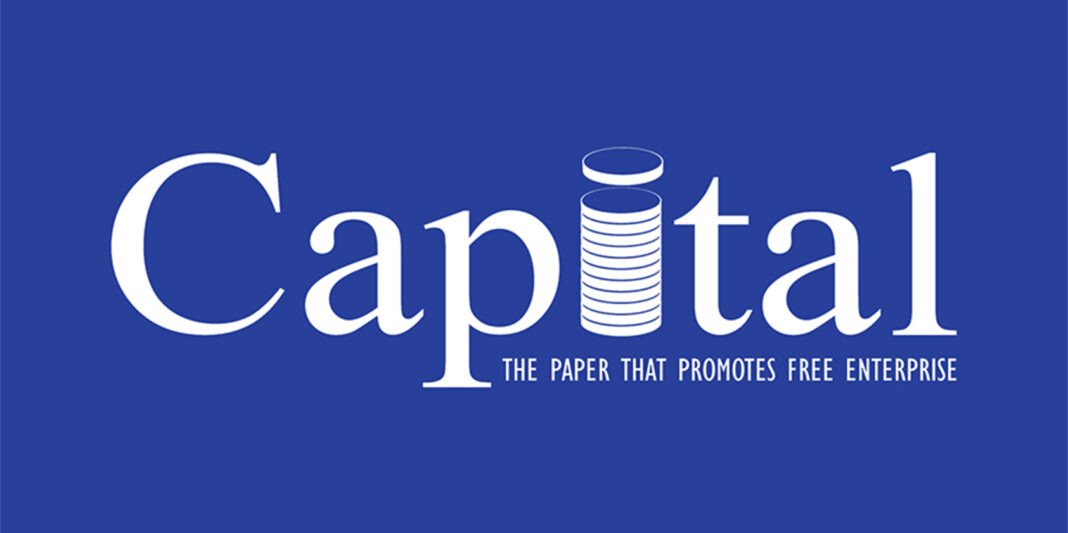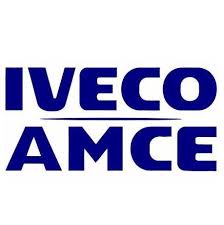The Ethiopian Human Rights Commission (EHRC) has issued a stern warning to Ethiopian companies aiming to access the European Union (EU) market, emphasizing that respect for human rights will be a mandatory requirement for international trade.
Chief Commissioner Berhanu Adello stated that companies engaging in human rights violations—such as denying workers’ rights to organize or employing underage children—will face significant barriers to entering global markets, particularly the EU. “It will be difficult for such companies to move freely on the international market,” he cautioned.
The EHRC highlighted that “Business and Human Rights” is an increasingly critical global issue and announced plans to conduct its own research in this area to align with mounting international expectations.
This warning follows new EU regulations set to take full effect by 2026, which impose stricter checks on companies’ human rights records. Key among them is the Corporate Sustainability Due Diligence Directive (CSDDD), effective since July 2024, requiring large companies to identify and mitigate human rights and environmental harms in their operations and supply chains. The EU Forced Labor Regulation (FLR), effective from December 2027, will prohibit products made with forced labor from entering the EU market.
Ethiopian businesses, especially those in the coffee sector—the country’s major export to Europe—must therefore ensure full compliance with these human rights standards to maintain market access.
The EHRC’s warning is underscored by its recent Human Rights Situation Report 2024/25, which details ongoing concerns in Ethiopia. These include frequent violations of the right to life, restricted operations of civil society organizations, and conflict-driven disruptions affecting property, infrastructure, and economic activities. Natural disasters and food insecurity, exacerbated by conflicts and rising prices, further threaten social and economic rights. The report also highlights educational challenges, with over 4.5 million children out of school in Amhara and 1.2 million in Tigray due to conflict and insecurity.
As the EU deepens its commitment to ethical and sustainable trade, Ethiopian companies face growing pressure to respect human rights both at home and in their international dealings. The EHRC’s call thus signals a pivotal moment for Ethiopian businesses to prioritize human rights as essential to sustaining and expanding access to key global markets.







